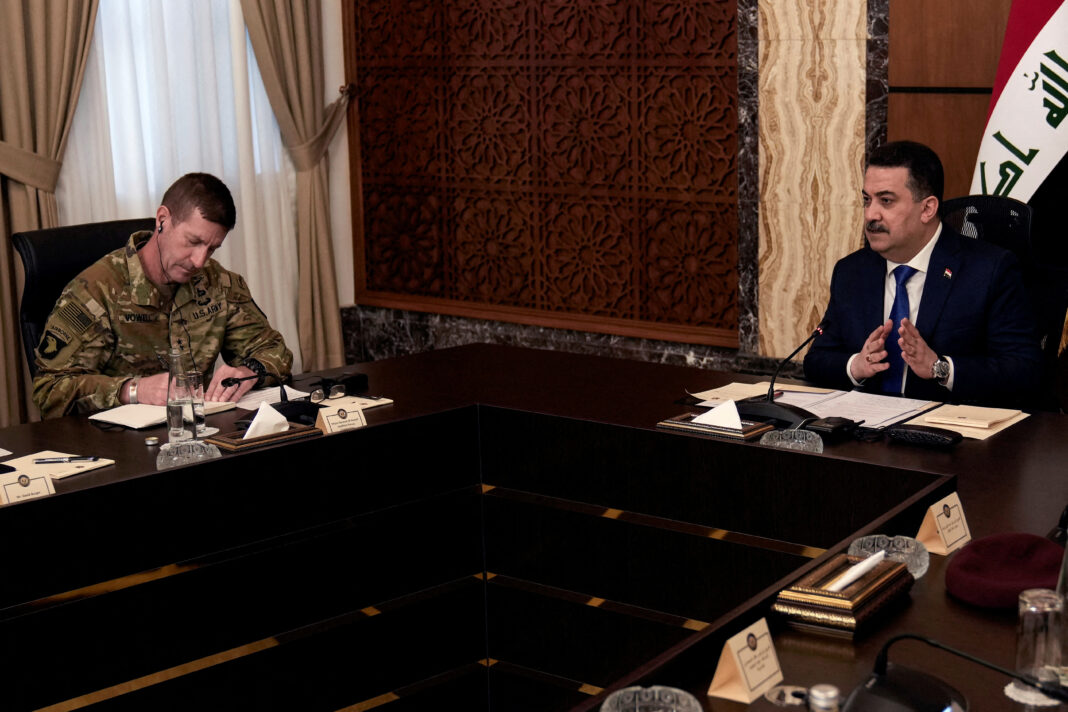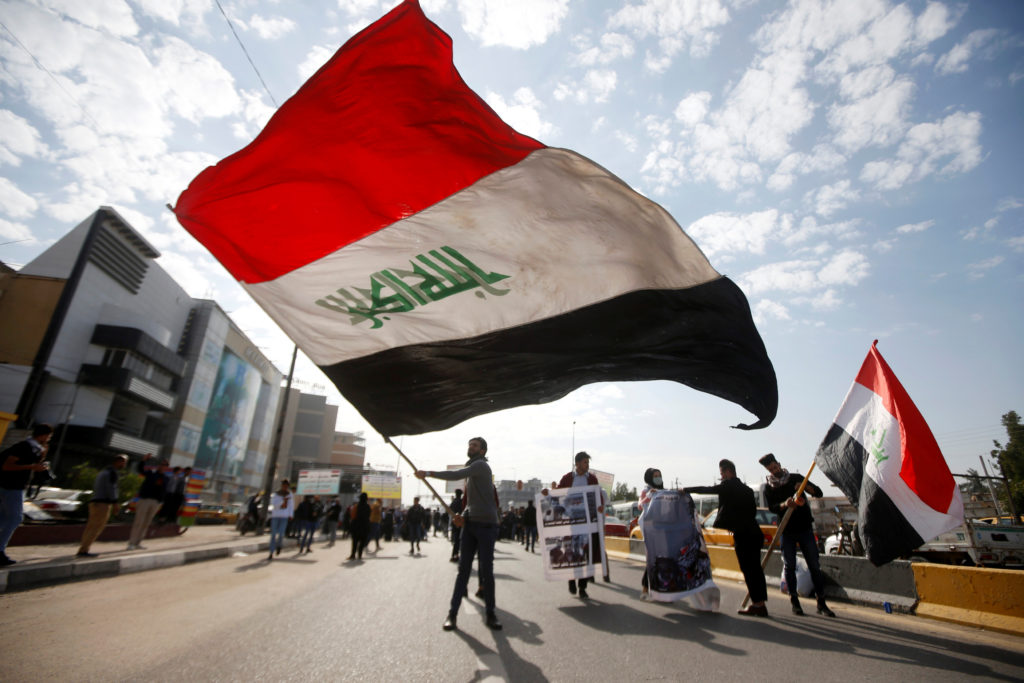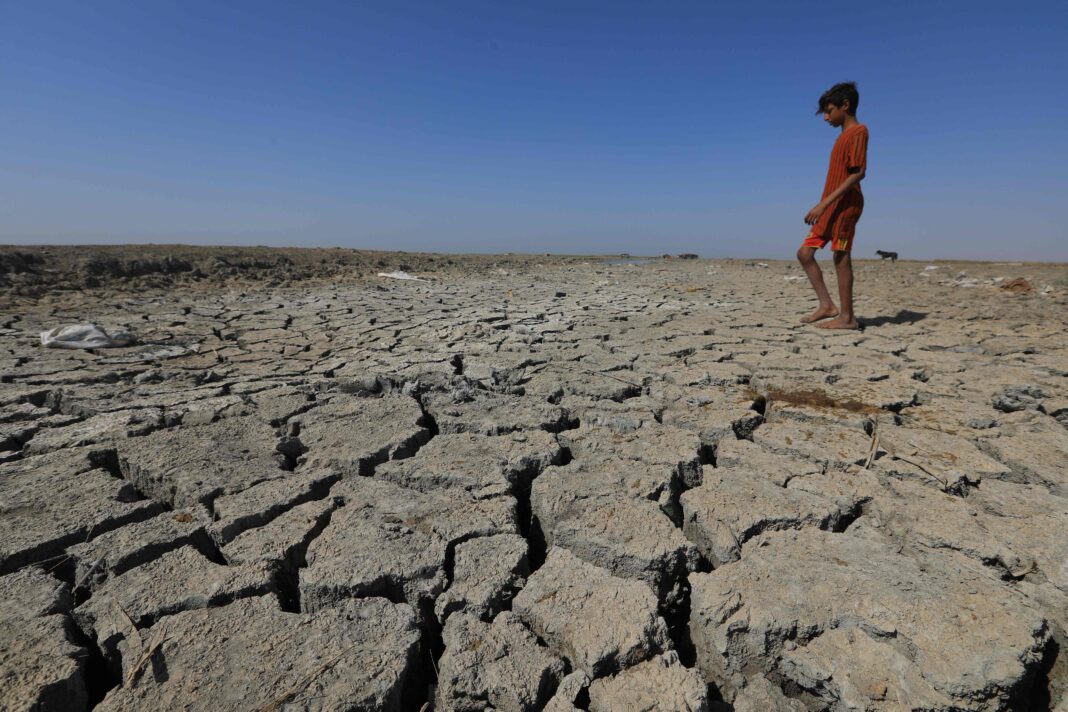US military advisers stay in Iraq as part of a planned transition under the 2022 Baghdad–Washington security agreement. According to official sources, two advisory bases will continue operating even as broader American troop withdrawals move forward.
On Saturday, local sources confirmed the continued presence of these two key bases. One is located in Altun Kupri, a town connecting Kirkuk and Erbil. The second is in Harir, situated near Erbil, the capital of Iraq’s Kurdistan Region. These locations were selected for their strategic value in northern Iraq.
Notably, each base will host a limited number of US military advisers. These personnel will offer training and provide coordination support when required. However, the final number of advisers remains undecided. Still, all deployments will fall within the terms of the existing bilateral framework.
Under the terms of the 2022 agreement, all US combat forces must leave Iraq by September 2026. The withdrawal is progressing steadily and on schedule. Previously, the Global Coalition included roughly 2,000 personnel. That number will now drop to fewer than 500.
Primarily, most of these remaining advisers will be based in Erbil. Others will be redeployed to nearby Kuwait. The shift reflects a transition from combat operations to advisory roles. Importantly, this change supports Iraq’s sovereignty and ongoing stability.
Meanwhile, Baghdad described the evolving mission as a step toward full sovereignty. Officials emphasized that Iraq will maintain strategic ties with Washington. Security and intelligence cooperation will also continue, especially in volatile regions.
At the same time, reactions from various Iraqi groups have been mixed. Iran-backed factions celebrated the move as a “resistance victory.” In contrast, Kurdish leaders welcomed a limited US presence. They believe American support is vital to counter ISIS activity in northern areas.
To ensure continuity, both Iraqi and American officials are coordinating closely. Regular assessments will guide the deployment of advisers and support teams. These reviews help adapt to new security challenges while respecting Iraqi authority.
Clearly, this marks a new phase in US-Iraq relations. The focus has shifted from combat to training and intelligence. US military advisers stay in Iraq not as fighters, but as partners in long-term regional security.
In conclusion, as the transition unfolds, US military advisers stay in Iraq to support stability and strengthen Iraq’s defense systems.



